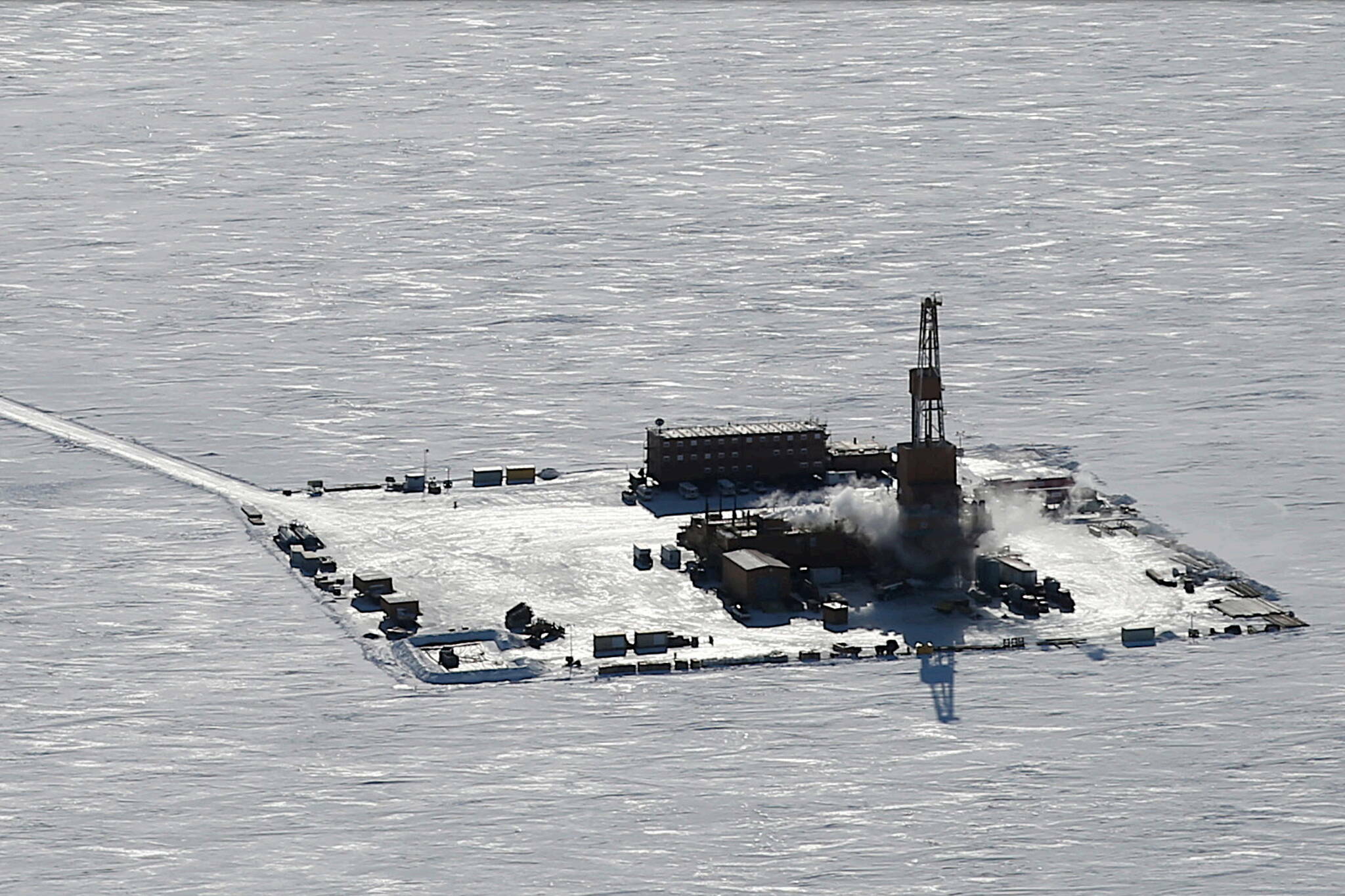A federal judge in Alaska on Friday rejected requests from environmental groups to halt winter construction work for the massive Willow oil project on Alaska’s North Slope while the groups’ legal fight over the drilling project wages on.
U.S. District Court Judge Sharon Gleason just last month upheld the Biden administration’s approval in March of the ConocoPhillips Alaska project in the National Petroleum Reserve-Alaska and dismissed lawsuits brought by environmentalists and a grassroots Iñupiat group challenging Willow’s approval.
Those groups are appealing that decision and asked Gleason to block winter construction work planned by ConocoPhillips Alaska while the appeal is pending. She denied those requests Friday.
Gleason said that while environmental impacts related to winter activities are of “legitimate concern” to the groups, “only a small area of the Reserve will be impacted.”
She wrote that the “strong legislative support at both the state and federal levels to proceed with the 2023-2024 winter construction activities tips strongly against the issuance of an injunction pending appeal.”
The lawsuits raised concerns about greenhouse gas emissions from Willow and argued federal agencies failed to consider how increased emissions from the project could affect ice-reliant species such as the polar bear, Arctic ringed seals and bearded seals, which already are experiencing disruptions due to climate change.
Willow has widespread political support in Alaska, and many Alaska Native leaders on the North Slope and groups with ties to the region say Willow is economically vital for their communities. But climate activists have said allowing the project to proceed flies in the face of President Joe Biden’s pledges to combat climate change. The administration has defended its climate record.
While ConocoPhillips Alaska had proposed five drilling sites, the U.S. Bureau of Land Management approved three, which it said would include up to 199 total wells. The project could produce up to 180,000 barrels of oil a day at its peak.
The company has begun prepacking ice roads and plans to begin surface-disturbing activities, such as gravel mining and pipeline construction, as early as Dec. 21, though the exact timing depends on weather conditions, said Rebecca Boys, a company spokesperson.
Erik Grafe, an attorney with Earthjustice, which represents several environmental groups in one of the cases, said Gleason’s decision was disappointing.
“We remain confident in our claims that Willow was approved unlawfully, and we look forward to presenting them to the appeals court,” Grafe said.

